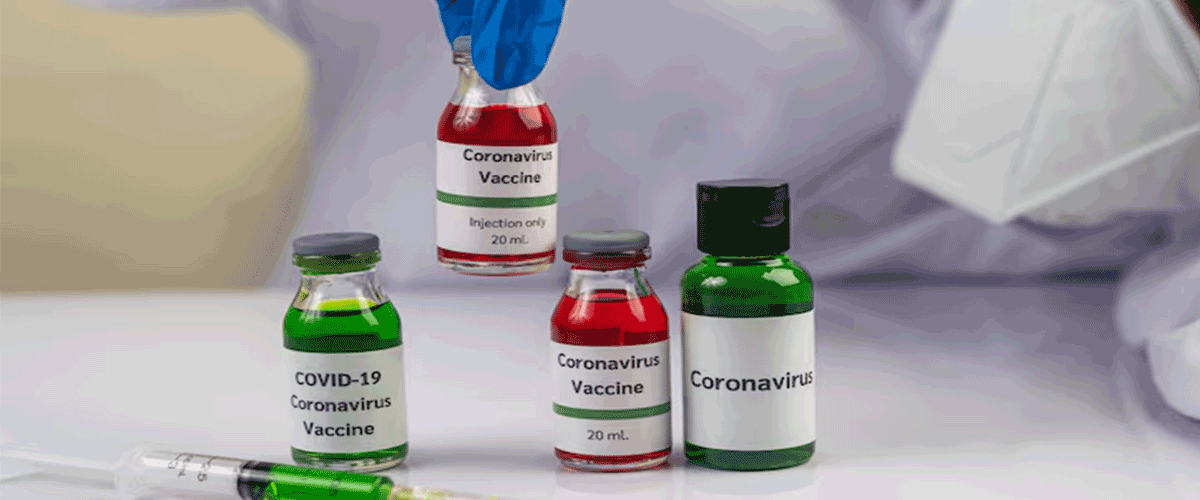(An Autonomous Body Recognized by Ministry of Commerce & Industry, Government of India)
Competency based placement focussed Education | Training | Research | Consultancy

AstraZeneca’s Anselamimab Falls Short in AL Amyloidosis Phase III Trials
AstraZeneca’s rare disease unit, Alexion, reported that anselamimab, an investigational antibody targeting light chains in AL amyloidosis, did not meet its primary endpoints in two global Phase III CARES trials. The trials, involving 406 patients with Mayo stage IIIa and IIIb disease, failed to show significant improvements in combined all-cause mortality and cardiovascular hospitalisation rates. However, a prespecified subgroup did show clinically meaningful benefit, though details remain undisclosed. Despite this setback, anselamimab was well-tolerated, with adverse events comparable between treatment and placebo groups. AL amyloidosis is a rare, life-threatening condition where misfolded light chain proteins deposit as fibrils in organs, leading to dysfunction, especially in the heart. AstraZeneca will continue analysing trial data and engage with regulatory bodies. This marks a second failure for monoclonal antibody therapies in AL amyloidosis, following Prothena’s birtamimab. The only FDA-approved therapy remains Darzalex Faspro, while other candidates like NXC-201 continue to advance in early-stage trials.
27-07-2025
📰 Recent News
- QurAlis Reports Early Clinical Evidence of Kv7.2/7.3 Target Engagement in ALS
- Parkinson’s stem cell therapy shows promise in Phase II trial
- AusperBio completes enrolment in Phase III AUSHINE trial for chronic hepatitis B
- AstraZeneca’s NSCLC combination misses primary endpoint in Phase III LATIFY trial
- Biohaven shares Phase II BHV-7000 trial results for major depressive disorder
- Lilly’s Orforglipron Delivers Phase III Weight Maintenance Success, NDA Filed
- Takeda’s Zasocitinib Delivers Strong Phase III Results in Plaque Psoriasis
- SGX945 Demonstrates Encouraging Efficacy and Safety in Phase IIa Behçet’s Disease Study
- Pemvidutide Shows Promising Antifibrotic Effects in Phase IIb MASH Trial
- Valbenazine Falls Short in Phase III Trial for Dyskinetic Cerebral Palsy
